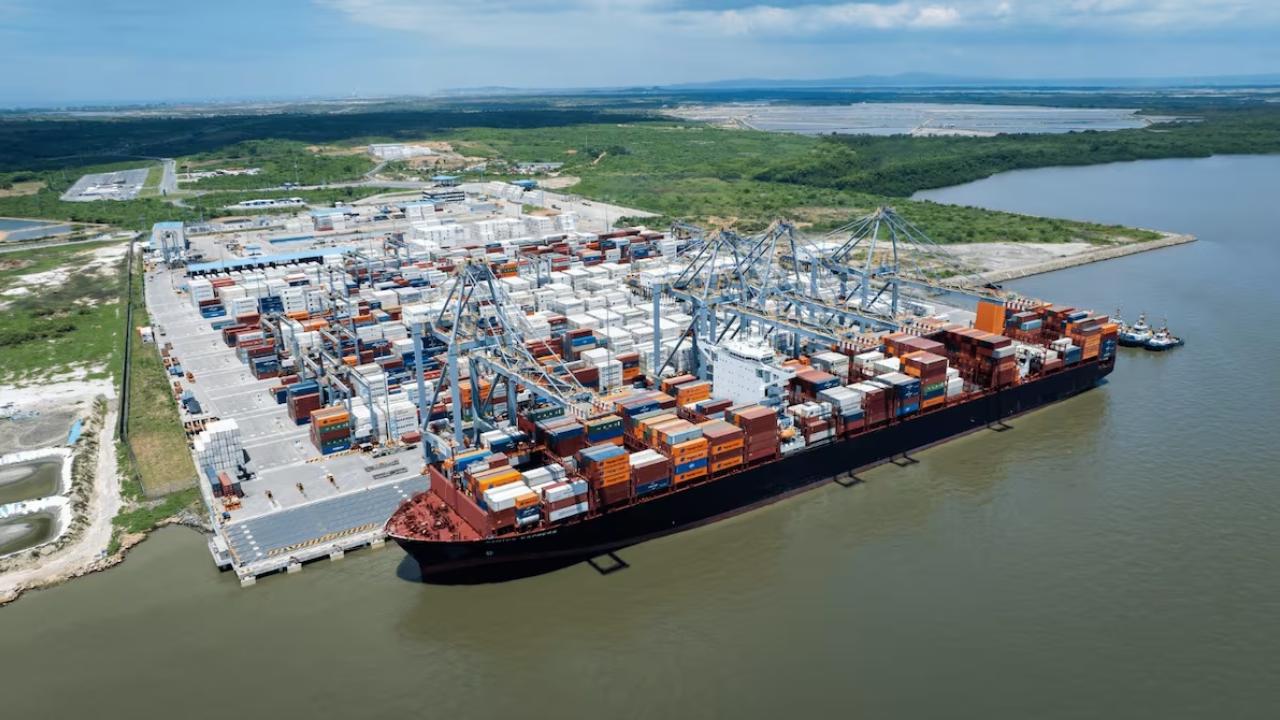
Likewise, the United States' trade policy with Canada, Mexico and China would have a global impact on the automotive sector, in addition to the dollar exchange rate.
The announcement of imposing tariffs creates uncertainty in foreign trade. The new US government did so for China, Canada and Mexico, although it suspended them for that country after an agreement. And along those lines, Ecuador has just done so for Mexico.
Donald Trump's measures - 25% tariffs on products arriving from Canada and Mexico and 10% on those from China - could have a global impact, starting in sectors such as the automotive industry, going on to various manufacturing sectors, and the exchange rate. And it would be the start of a "possible trade war," say former ministers.
All three countries responded. China said World Trade Organization (WTO) rules were being violated and urged the U.S. government to “correct its mistakes.” Mexico and Canada also imposed 25% tariffs on products arriving from the United States.
At the local level, President Daniel Noboa announced on Sunday that negotiations with Canada had come to an end in order to continue with the signing of the agreement and yesterday he announced tariffs of 27% on products imported from Mexico until a free trade agreement is signed, and that “there is fair treatment for our producers.” “Ecuador has always been open to trade integration, but not when there is abuse.”
Ecuador tried to close a trade agreement with Mexico in 2022, but the talks were frozen when Mexico put them on hold due to its refusal to allow the entry of Ecuadorian shrimp and bananas into that country.
Former Minister of Production and Foreign Trade Julio José Prado warns that this is a very bad precedent and that “it affects Ecuador much more than Mexico,” as it could lead to immediate retaliation, affecting Ecuadorian exports to that market, such as cocoa products, metal products, furniture and wood, metal products and processed foods.
"Ecuador will feel the impact of more tariffs much more than Mexico. The measure does not protect our industry: it makes access to inputs more expensive for many of them, and it affects the consumer."
And what is imported is mostly medicines, vehicles, household appliances, raw materials for the food industry and manufacturing, computers, tubes, etc.
And beyond the economic aspect, Prado analyzes that it is a terrible precedent that increases uncertainty in the country: “Tariff policy becomes a tool of partisan politics” and wonders if it follows the style of Trump, who “managed to bring Mexico to the table to discuss migration issues with a similar measure, (but) Ecuador does not have the power or the capacity to sit Mexico down to ask for anything.”
Prado believes that what President Trump is doing is bringing the three countries to the negotiating table, a move that does not seek to maintain tariffs in the long term, but rather to be “a measure of pressure, of political negotiation” and his concern is “that we enter a phase of trade war and the use of tariffs to achieve political effects” and not only from the United States, “but that other countries also begin to use them excessively and we enter into a stampede of tariffs at an international level.”
In any case, he maintains that despite all the international complications that may arise, even in the midst of uncertainty or in the worst case a trade war between the United States and several countries, "it is good that Ecuador continues to open its markets to have more possibilities." This is due to the announcement of the closing of negotiations for the trade agreement between Ecuador and Canada.
The former Minister of Production, Foreign Trade, Investments and Fisheries, Daniel Legarda, indicates that the recent trade agreement with Canada that is still in progress does not have to be affected by the international situation, and although Ecuador is not directly immersed in the tension between the United States and other countries, "the impact is global, it will affect issues such as transportation, currency exchange rates, etc. Ecuador is not directly affected, at least not yet in these issues... There is a high level of uncertainty about exactly how far the measures can go and this is also accompanied by whether or not the measures are legal," he comments.
For Legarda, "they violate the trade agreement that exists between the United States, Canada and Mexico and also violate the most favored nation clauses of the World Trade Organization (WTO), but that will have to be determined by the appropriate forums."









